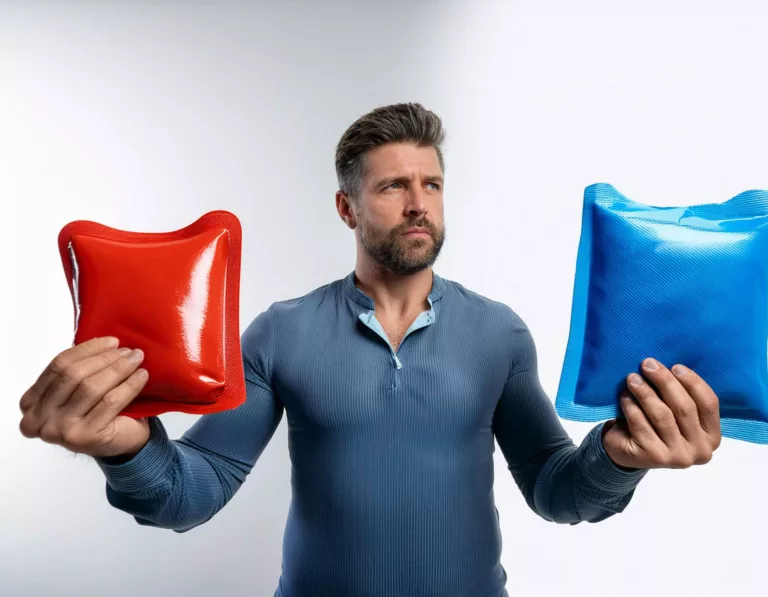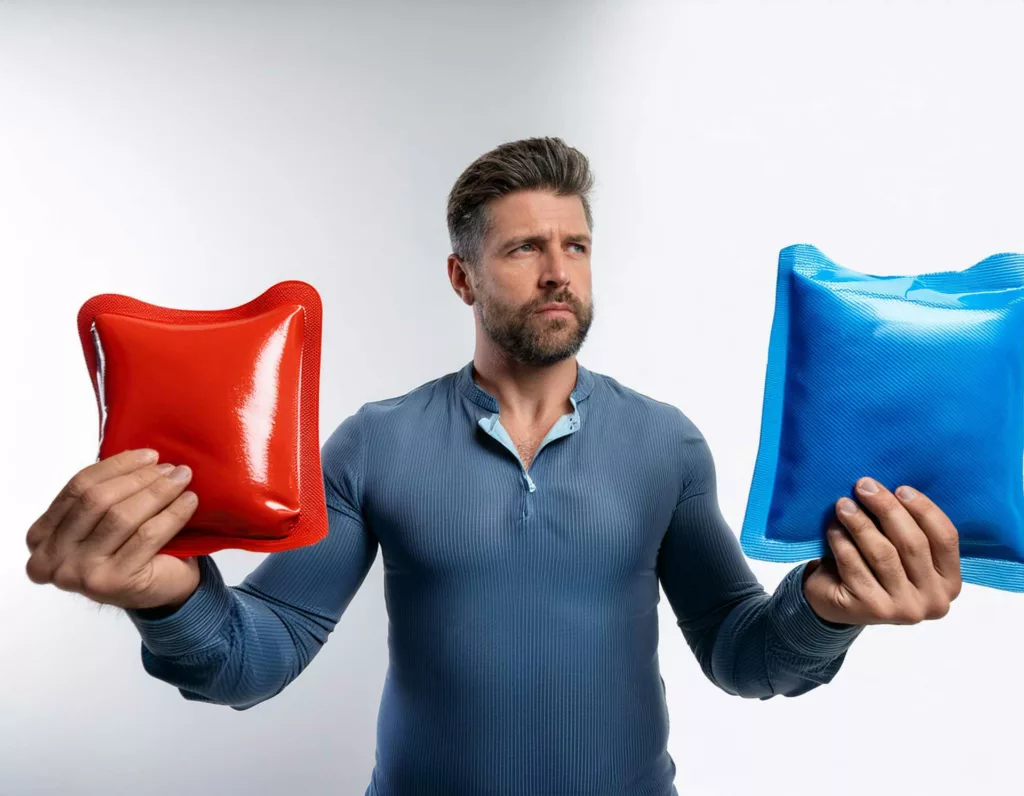


Injuries are an unfortunate part of life, whether from a car accident, sports activity, or daily mishap. Understanding when to use ice and when to use heat can significantly impact your recovery. At PMR, we specialize in pain management and rehabilitation, and we’re here to guide you through the best practices for using ice and heat on injuries.

Injuries are an unfortunate part of life, whether from a car accident, sports activity, or daily mishap. Understanding when to use ice and when to use heat can significantly impact your recovery. At PMR, we specialize in pain management and rehabilitation, and we’re here to guide you through the best practices for using ice and heat on injuries.
Ice is most effective during the initial stages of an injury, typically within the first 48 hours. The primary goals of applying ice are to reduce inflammation, numb the area, and prevent further swelling.
Use ice for:
Acute Injuries: These are sudden injuries such as sprains, strains, or impacts. Ice helps reduce the immediate inflammation and pain.
Swelling and Bruising: If an area is visibly swollen or bruised, ice can help minimize these symptoms.
Pain Relief: Ice numbs the affected area, providing temporary pain relief.
How to Apply Ice:
Ice Packs: Use a commercial ice pack or make one at home by wrapping ice cubes in a towel.
Duration: Apply ice for 15-20 minutes at a time, every 1-2 hours.
Precautions: Never apply ice directly to the skin to avoid frostbite. Use a thin cloth or towel as a barrier.
Heat is beneficial for injuries that have moved past the initial inflammation stage or for chronic pain. The main benefits of heat are to increase blood flow, relax muscles, and improve flexibility.
Use heat for:
Chronic Pain: Conditions such as arthritis, old injuries, or lingering aches benefit from heat therapy.
Stiffness and Soreness: Heat helps to relax tight muscles and alleviate stiffness, making it ideal for sore muscles after exercise.
Before Physical Activity: Applying heat before physical activity can loosen muscles and improve range of motion.
How to Apply Heat:
Heating Pads: Use electric heating pads, microwavable heat packs, or a warm towel.
Duration: Apply heat for 15-20 minutes at a time. For chronic pain, it can be used longer, but always monitor your skin to avoid burns.
Precautions: Ensure the heat is warm, not hot, to prevent burns. Avoid using heat on acute injuries, as it can increase inflammation.
Combining Ice and Heat
In some cases, alternating between ice and heat can be beneficial. This method, known as contrast therapy, can help reduce inflammation while promoting blood flow and healing.
Post-Acute Injuries: After the initial 48 hours, you can alternate between ice and heat to manage pain and promote healing.
Chronic Injuries: Use ice to reduce inflammation after activity and heat to relax muscles before activity.
How to Alternate:
Ice for 10 minutes, followed by heat for 10 minutes. Repeat this cycle 2-3 times.
Always start with ice and end with ice if you’re unsure.
When to Avoid Ice or Heat
Do Not Use Ice:
On stiff muscles or joints, as it can worsen tightness.
If you have poor circulation or sensory issues.
Do Not Use Heat:
On new injuries, as it can increase swelling.
If you have swelling or bruising.
Conclusion
Understanding when to use ice and when to use heat can make a significant difference in your injury recovery process. At PMR, we’re dedicated to providing you with the best care and advice for managing pain and promoting healing. If you have any questions or need personalized advice, don’t hesitate to contact us.
For more information and professional guidance, visit PMR and schedule a consultation with our experts. Stay informed and take care of your body—it’s the only place you have to live!
We would love to see how we can help you solve your neck and back problems using the best pain free methods possible.